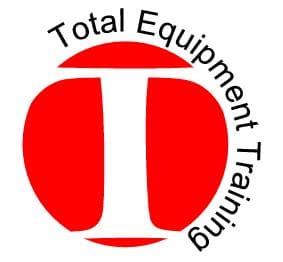CONFINED SPACE TRAINING
Workplaces often demand that we be flexible in applying our skills in different situations. This really applies in scenarios where workers actually have to move and contort their bodies to actually fit into certain spaces in order to get a job done. The construction industry often calls for such skills,…
